Partners
Inclusive REskilling and upSkilling Toward competitive Agrifood and veterinary sectoR: European agenda StraTegy
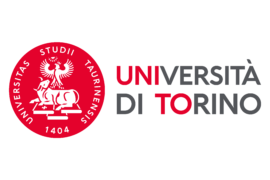
UNITO - Italy
Università degli Studi di Torino
UNITO, DISAFA Department offers the Agricultural sciences, Science and Food Technology both at bachelor and Master’s Degree. About 2000 students are enrolled in curricula related to the…
WEBSITE
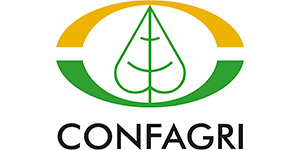
CONFAGRI - Italy
Confederazione Generale dell’Agricoltura Italiana
CONFAGRICOLTURA is the organisation that represents the Italian agricultural enterprises (145 000 companies and 222 000 farmers, 367 000 in total). CONFAGRI acknowledges the leading role of…
WEBSITE
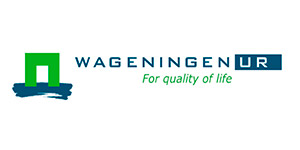
WUR - Netherlands
Wageningen University
Wageningen University and Research Centre, Mission: To explore the potential of nature to improve the quality of life; Ambition: To become the most important University in the domain of healthy…
WEBSITE
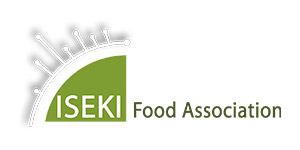
ISEKI - Austria
ISEKI-Food Association
European Association for Integrating Food Science and Engineering Knowledge Into the Food Chain. Independent European non-profit organisation, Platform for Teachers, students, trainers, food…
WEBSITE
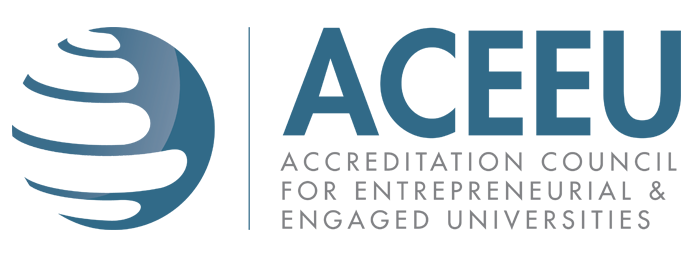
ACEEU - Germany
Accreditation Council for Entrepreneurial and Engaged Universities GMBH
The Accreditation Council for Entrepreneurial and Engaged Universities (ACEEU) is the only globally operating quality assurance body with a focus on acknowledging engagement and entrepreneurship in…
WEBSITE
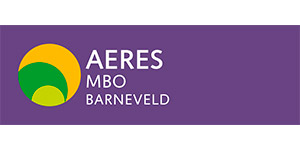
AERES - Netherlands
AERES Barneveld
Aeres offers a variety of activities in the green sector, from education and research programmes to development projects, innovation projects, commercial courses and services. Aeres is contributing…
WEBSITE

AKMI - Greece
AKMI KATARTISI EKPAIDEYSI ANONYMI ETAIREIA
UNIVERSAL EDUCATION S.A. belongs to the AKMI Educational Group, which has been active in the field of education since 1975 and is one of the seven best VET providers in Europe, with an international…
WEBSITE
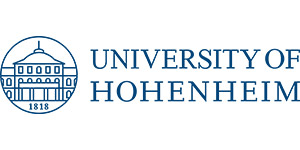
UHOH - Germany
University of Hohenheim
The University of Hohenheim, a Research Center for Bioeconomy, has three faculties: Agricultural Sciences (Sustainable Land-use, Resource Management, Market and Politics and Society); Natural…
WEBSITE
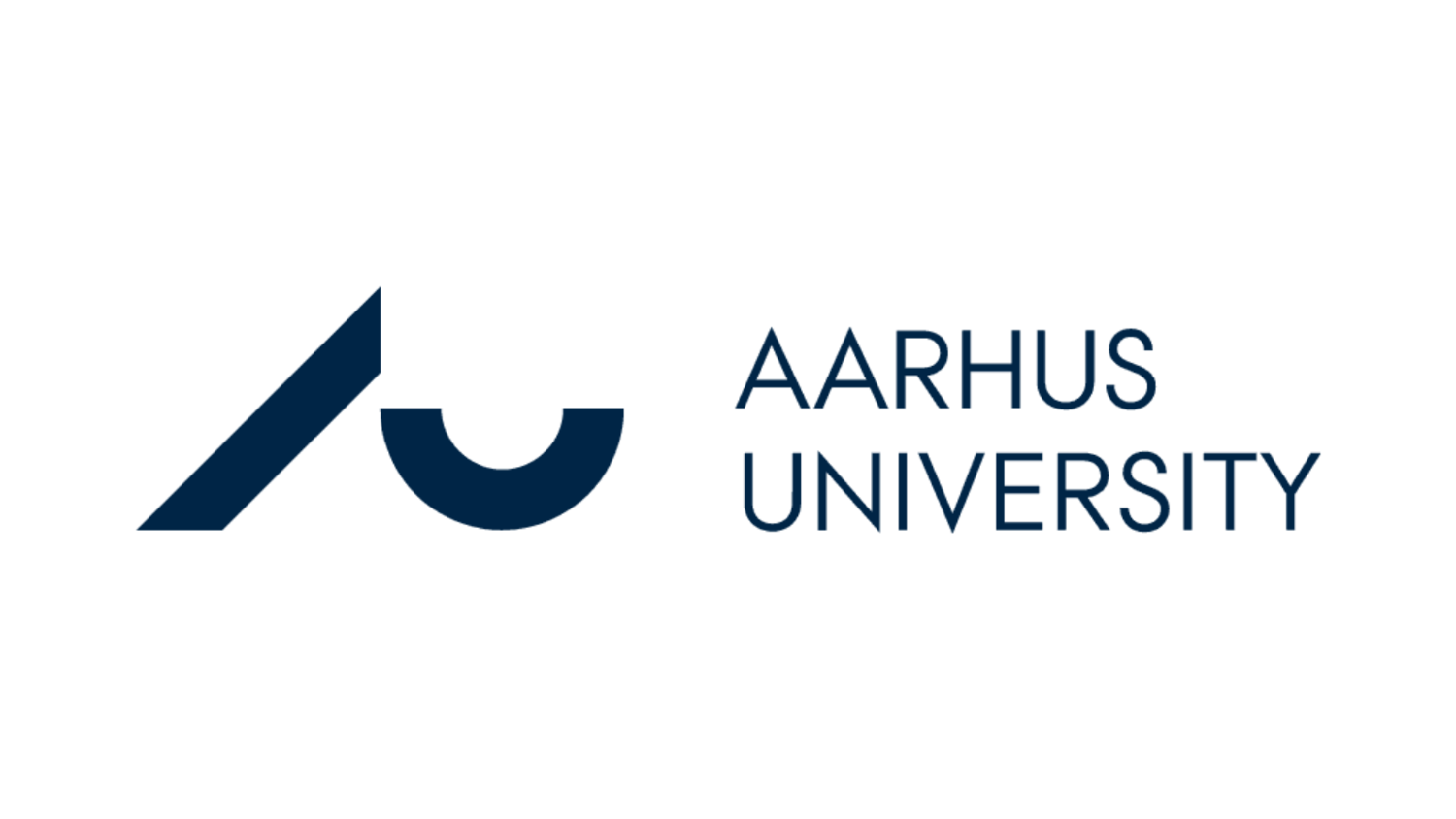
AU- Denmark
Aarhus Universitet
Established in 1928, Aarhus University has since developed into a major Danish university with a strong international reputation across the entire research spectrum. Aarhus University is a nationwide…
WEBSITE

CLITRAVI - Belgium
Vereniging Centre De Liaison Des Industries Transformatrices De Viandes De L’UE
CLITRAVI, the Liaison Centre for the Meat Processing Industry in the European Union, is the EU business association representing the European Meat Processing sector. The Association has 26 members,…
WEBSITE

COPA-COGECA - Belgium
Committee of Professional Agricultural Organisations – General Confederation of Agricultural Cooperatives
Copa and Cogeca are the united voice of farmers and agri-cooperatives in the EU. Together, we ensure that EU agriculture is sustainable, innovative and competitive, while guaranteeing food security…
WEBSITE
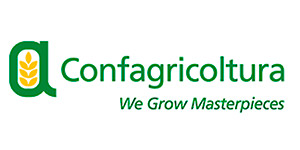
CONFAGRI PT - Portugal
Confederação Nacional das Cooperativas Agrícolas and do Crédito Agrícola de Portugal
Founded in October 1985, with the essential purpose of contributing to the balanced and efficient growth and development of the Cooperative Sector and, in particular, of Portuguese Agriculture, the…
WEBSITE
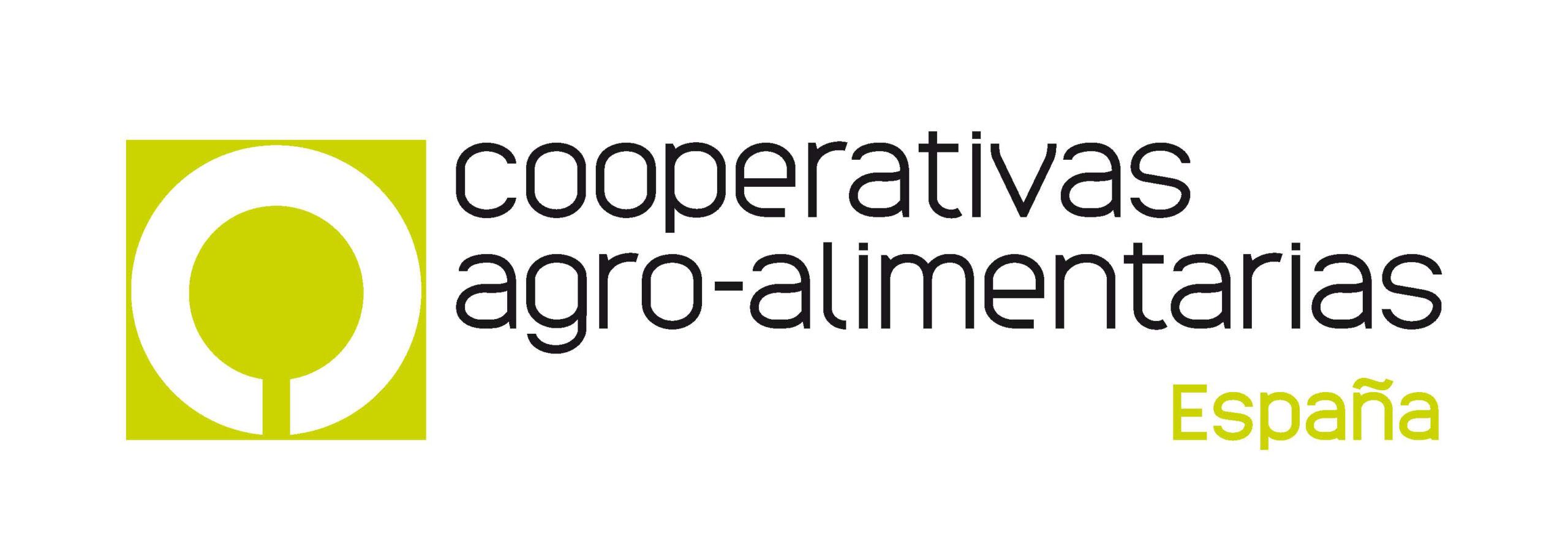
SCOOP - Spain
SCOOP
The mission of SCOOP is the promotion, representation and structuring of Spanish agri-food cooperativism, encouraging a cooperative business model, professionalized, with a relevant dimension…
WEBSITE
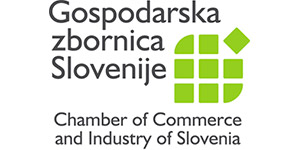
GZS - Slovenia
Gospodarska zbornica Slovenije Chamber of Commerce and Industry of Slovenia
GZS – CCIS-CAFE is an independent, voluntary, non-profit, interest group of legal entities. Function in a regional independent manner and in view of our members…
WEBSITE
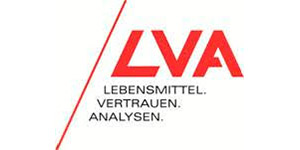
LVA - Austria
Lebensmittelversuchsanstalt/Food Research Institute
Austria’s leading private institute of food testing (funded in 1927). LVA offers extensive services for the food industry retail and are committed to the highest standards in fulfilling their…
WEBSITE
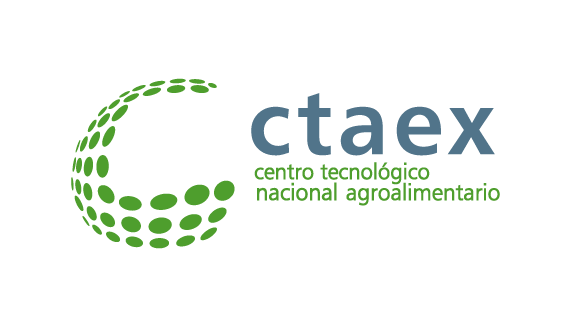
CTAEX - Spain
Centro Tecnologico Nacional Agroalimentario Extremadura
CTAEX is a non-profit BUSINESS association that opened in January 2001 with a clear goal: offering research, development, innovation, analysis, training, and information services, contributing to the…
WEBSITE

EBVS - Netherlands
European Board of Veterinary Specialisation
The European Board of Veterinary Specialisation is composed of one voting representative from each of the 27 EBVS-recognized veterinary specialist colleges, comprising more than 38 distinct…
WEBSITE
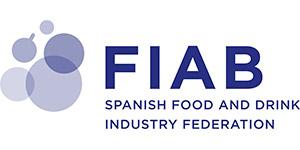
FIAB - Spain
Spanish Federation about Food and Drink Federation
FIAB was created in 1977 to represent – through one organization with a single voice– the Spanish food and drinks industry, the foremost industrial sector of the country and even international…
WEBSITE
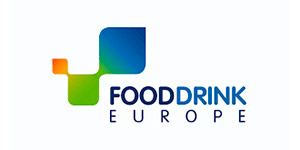
FDE - Belgium
FoodDrink Europe
FoodDrinkEurope wants to ensure: That the importance of the food and drink industry to the European economy is recognised; That the strength of the Single Market is increased, and fragmentation of…
WEBSITE
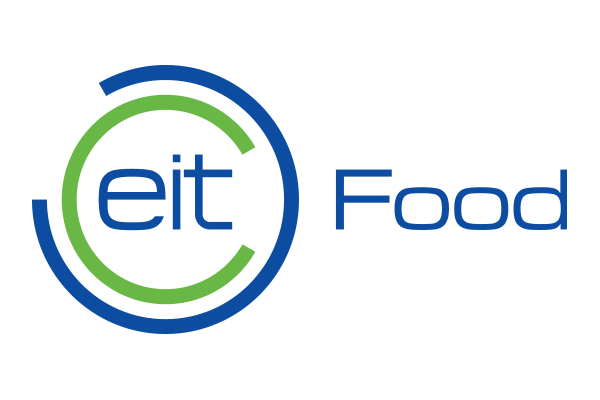
EIT-FOOD - Belgium
European Institute of Innovation and Technology
EIT Food is the world’s largest innovation ecosystem for food systems transformation. As a Knowledge Innovation Community co-funded by the European Institute of Innovation and Technology (EIT), it…
WEBSITE
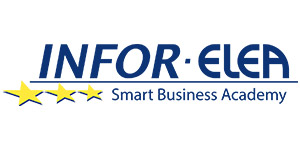
INFOR - Italy
INFOR ELEA
INFOR ELEA is a consortium of 250 enterprises officially recognised as a training provider by local public authority Regione Piemonte. It’s a merger of two big training companies: INFOR established…
WEBSITE
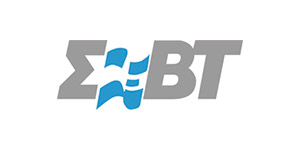
SEVT - Greece
Federation of Hellenic Food Industries
The Federation of Hellenic Food Industries represents the Greek Food & Drink Industry at national, European and international level. Membership is made up of food and drink companies and sector…
WEBSITE

FEDER - Italy
Federazione Italiana dell’Industria Alimentare Associazione
Federalimentare (FEDER) is the Italian national Federation which represents, protects and promotes the Italian Food and Beverages Industry, the second-highest-ranking Italian manufacturing sector…
WEBSITE
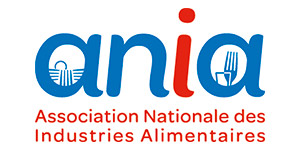
ANIA - France
Association Nationale des Industries Alimentaires
ANIA gathers sectorial federations and regional associations. The mission is to represent, inform and support food companies in France in order to valorize their role and contribution to public…
WEBSITE

UMU - Spain
Universidad de Murcia
The University of Murcia (UMU or UM) is a public research university in Murcia, southeastern of Spain, nearby the Mediterranean Sea. Founded in 1905, is number 10th of the oldest Spanish Universities…
WEBSITE
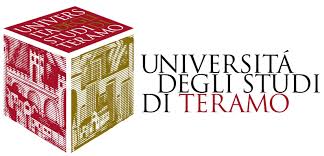
UNITE - Italy
Università degli studi di Teramo
University of Teramo (UniTE) develops research and Higher Education activities in two main areas related to humanities (law, politics and communication sciences), and scientific disciplines (…
WEBSITE
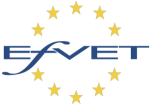
EfVET - Belgium
European Forum of Technical and Vocational Education and Training
Founded in 1991, in the Netherlands, as a response to the lack of voice felt by VET providers with the main purpose of building a network of practitioners VET institutions to secure a voice across…
WEBSITE
